7 Great New Columbia Podcasts to Listen to Now
Beat the summer heat with some cool podcasts from around our community.
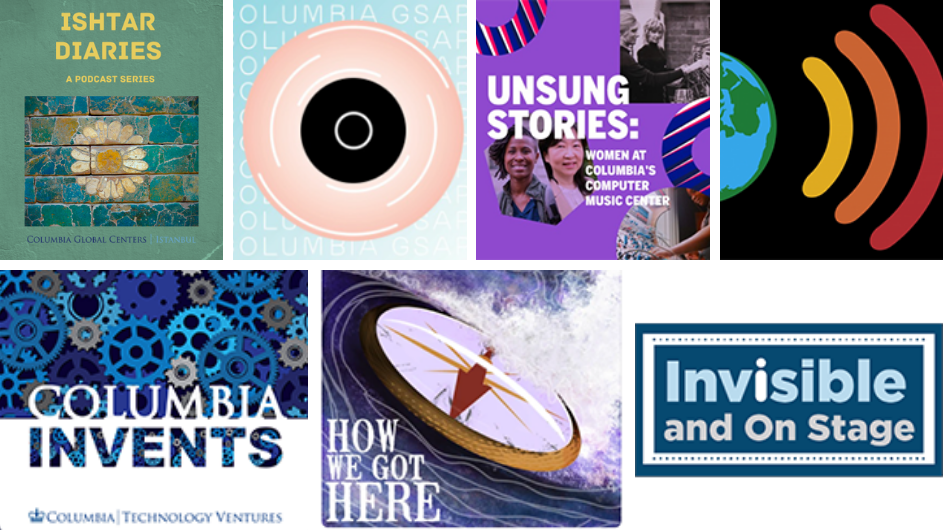
Maybe you’re on a walk, or tiptoeing onto the subway again, or just looking for something entertaining and informative to listen to while cooking dinner. No matter the reason you’re looking for well-crafted audio, Columbia News has got you covered with seven new episodes of informative and entertaining podcasts from across the university that you should add to your queue.
And, as always, if you’re looking for even more, you can always find something fun on our Columbia podcasts page, which lists all the podcasts created across our community. Have a Columbia-centric podcast you’d like to add? Email [email protected].
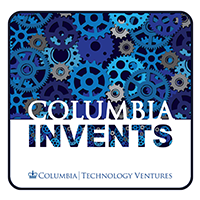
Columbia Invents
Suggested Episode: Henry Colecraft | Columbia Technology Ventures
This brand new podcast from Columbia Technology Ventures, hosted by Executive Director Orin Herskowitz, explores breakthrough innovations being developed in Columbia’s scientific laboratories and how those technologies are being spun out of the lab and into the market.
In the podcast’s second episode, we hear from Dr. Henry Colecraft, the John C. Dalton Professor of Physiology and Cellular Biophysics at Columbia, who invented engineered deubiquitinases, an innovation that rescues proteins marked for destruction by many genetic diseases, including cystic fibrosis. Basically: when you listen to this podcast, you could be in-the-know about the next big scientific break before it makes it to the headlines.
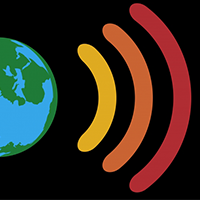
Defending the Planet
Suggested Episode: Environmental Justice | Columbia Law School
Here’s a compelling tagline for you: Can lawyers save the planet? In this limited-run podcast, Law Professor Michael B. Gerrard and a host of legal experts get into it, discussing how to combat the climate crisis using one of the most effective tools at our disposal—the law.
As we know, low-income communities and communities of color are more likely to live near contaminated land and to have greater exposure to air and water pollution that are harmful to health. In the series finale, Olatunde C.A. Johnson, Jerome B. Sherman Professor of Law, and environmental and community lawyer Ruth Santiago ’83 J.D., ’10 LL.M, join Gerrard to discuss legal strategies and tools to be used to effectively advance environmental justice.
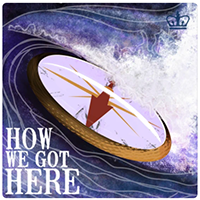
How We Got Here
Suggested Episode: Whiteness | Columbia Journalism School
This podcast is so hot it just dropped its first episodes this week. But you know it is going to be a must-listen when six professors, including Jelani Cobb, from the most renowned journalism school in the country are involved. On the podcast, these professors will take a step back to examine the historical context of today’s news. They will look at how race, gender, class, immigration, and American empire impact the stories we cover and how we tell them.
This is a podcast by journalists and for journalists as well as anyone who is curious about how history and identity shape narrative. In the podcast's second episode, hosted by Journalism Professor Sam Freedman, we are asked to examine whiteness — who gets to be white, why whiteness is the norm in America, and how it informs our troubled racial history.
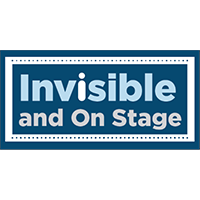
Invisible and On Stage
Suggested Episode: Improving the Black Experience in a Primarily White Institution (PWI) and Beyond | Columbia Health
What is the impact of microaggressions and systemic racism on Black students’ emotional well-being? Dr. Keoshia Worthy, licensed psychologist with Counseling and Psychological Services at Columbia Health, deftly broaches the subject in this podcast where she explores these issues with guests who have experiences as Black professionals and students.
In the series’ fourth episode, Worthy speaks with Judge Monique Walker about how to navigate the waters of primarily white institutions, like Columbia, and how these institutions of higher education can do better by the experiences of Black students.
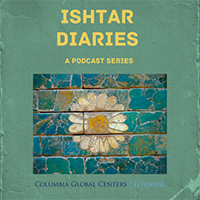
Ishtar Diaries
Suggested Episode: In Praise of Ishtar | Columbia Global Centers
Meditative, calming, captivating—these are three words you could use to describe this podcast from students at the Columbia Global Centers. “Ishtar Diaries” exists at the intersection of scholarship or the ancient world with the humanities of the modern world, with a sprinkle of personal experience. All told through the lens of Ishtar, a major ancient goddess of the region.
In the series premiere, “In Praise of Ishtar,” renowned Iraqi-American poet Dunya Mikhail reads excerpts from the "Exaltation of Inana", a hymn dedicated to the great Mesopotamian goddess Inana/Ishtar, which explores themes of war and alienation or the female voice.
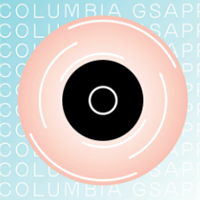
Masaha: Climate Change in the Arab World
Suggested Episode: Gökçe Günel | GSAPP
Masaha, a student association in the Graduate School of Architecture, Planning, and Preservation that investigates contemporary issues facing the Arab world, launched a podcast earlier this year that is episode-by-episode breaking down the issue of climate change in the Arab world from multiple perspectives.
Each episode features a specialist with different expertise and episode four is no different: Featuring Anthropology Professor Gökçe Günel, peer into another part of our world and learn more about utopian city projects, sustainable futures, and social justice with a specific focus on Masdar City in the United Arab Emirates.
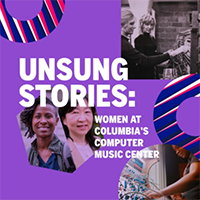
Unsung Stories
Suggested Episode: Sondra E. Woodruff II | Computer Music Center
Ever wanted to dive deeper into the world of electronic music? Now's your chance. Explore the legacy of women composers, sound artists, and musicians who have worked at Columbia’s Computer Music Center. This podcast was produced as a part of an entire project dedicated to elevating these women’s stories.
In the series’ third episode, we meet Sondra E. Woodruff II, GS'19, who toured with the Backstreet Boys, opened for Anthony Hamilton, performed with Taylor Swift, recorded with LL Cool J, and played guitar for Aaron Pfeiffer, Drew Vision, Bets, and Sara Ramirez. When she came to CMC she had to take everything that just came naturally to her by ear and learn how to make it systematically. A fascinating conversation.